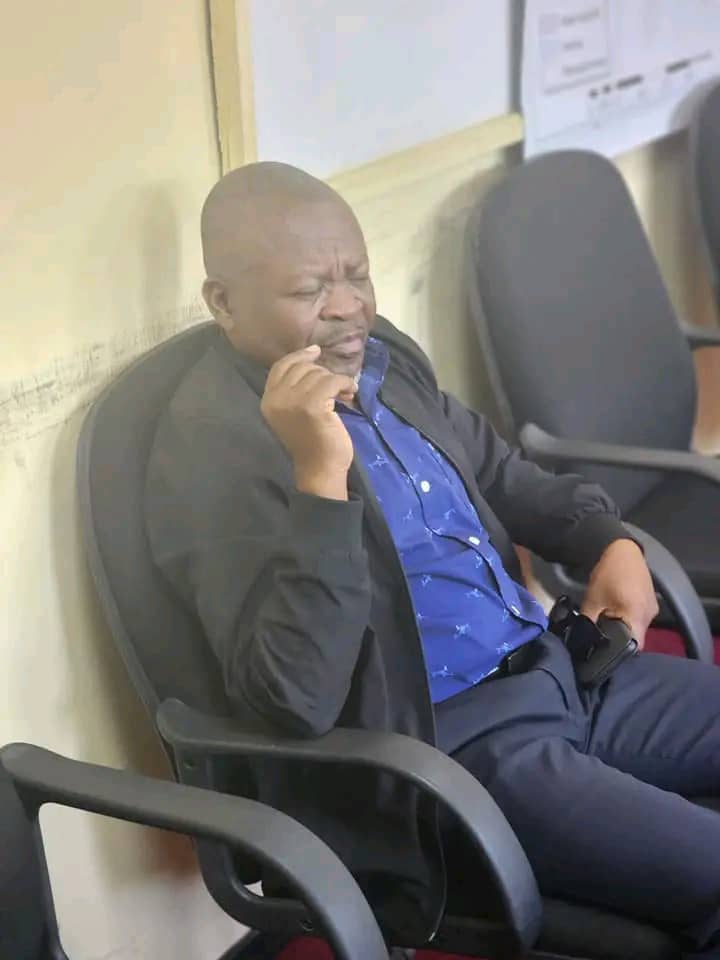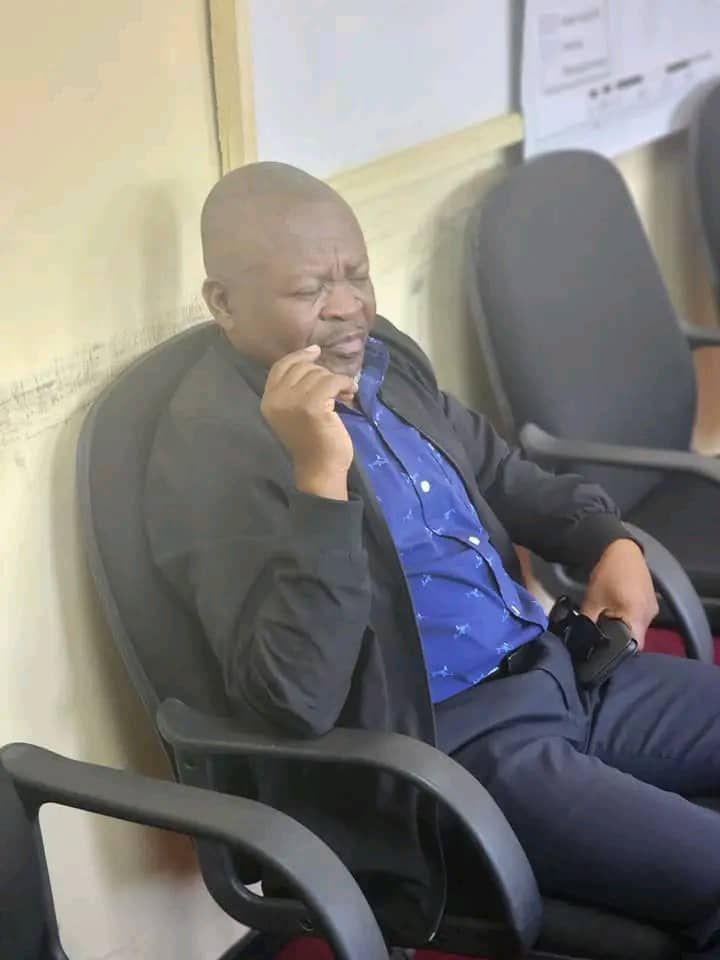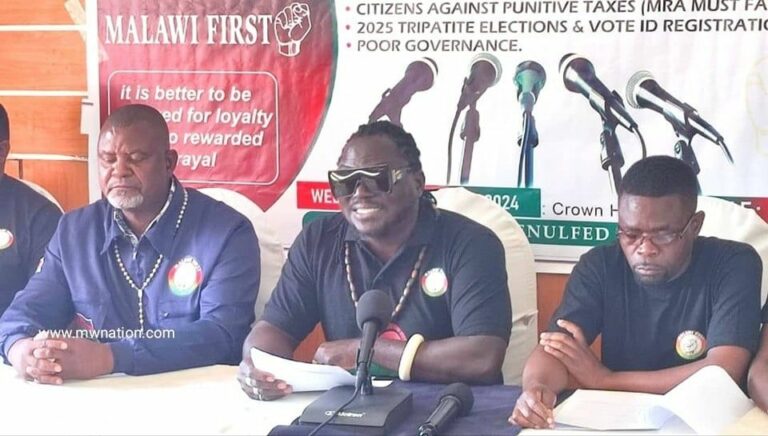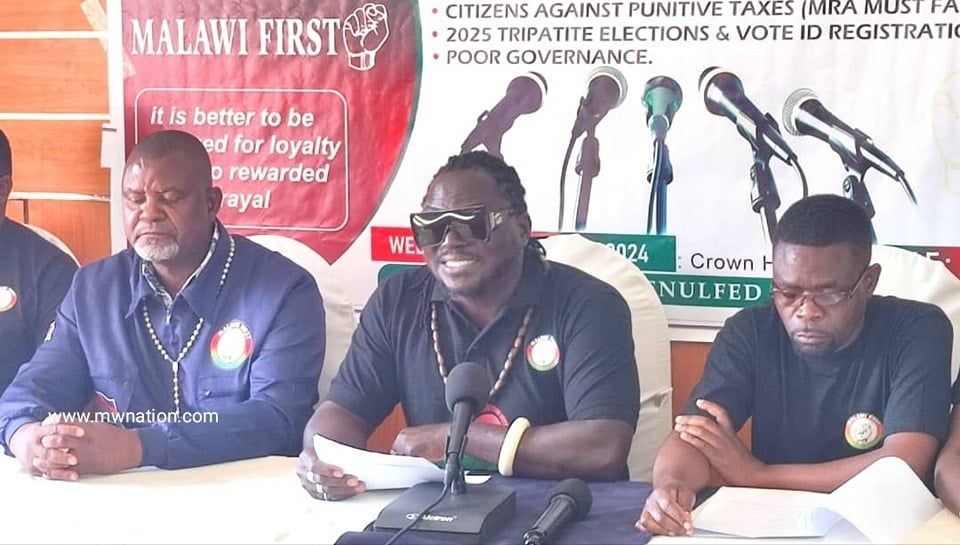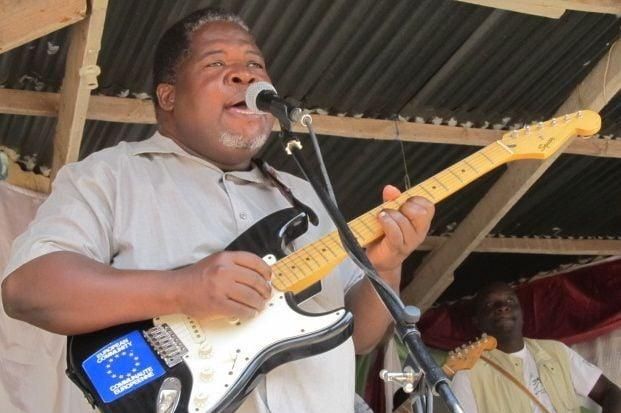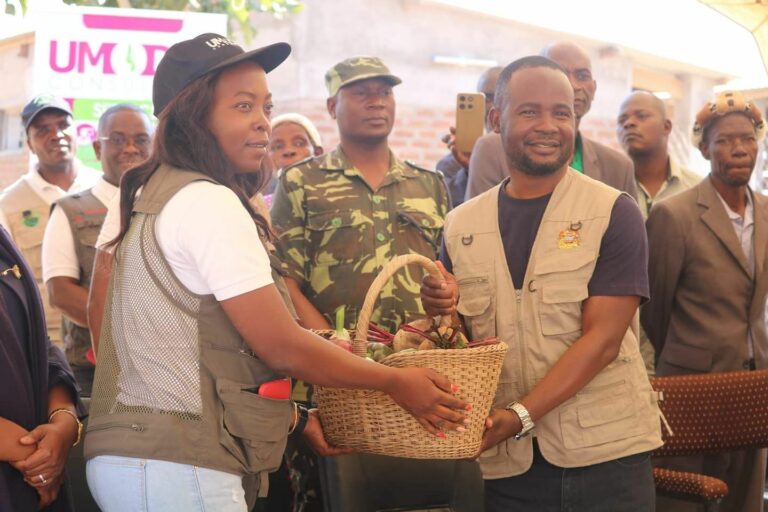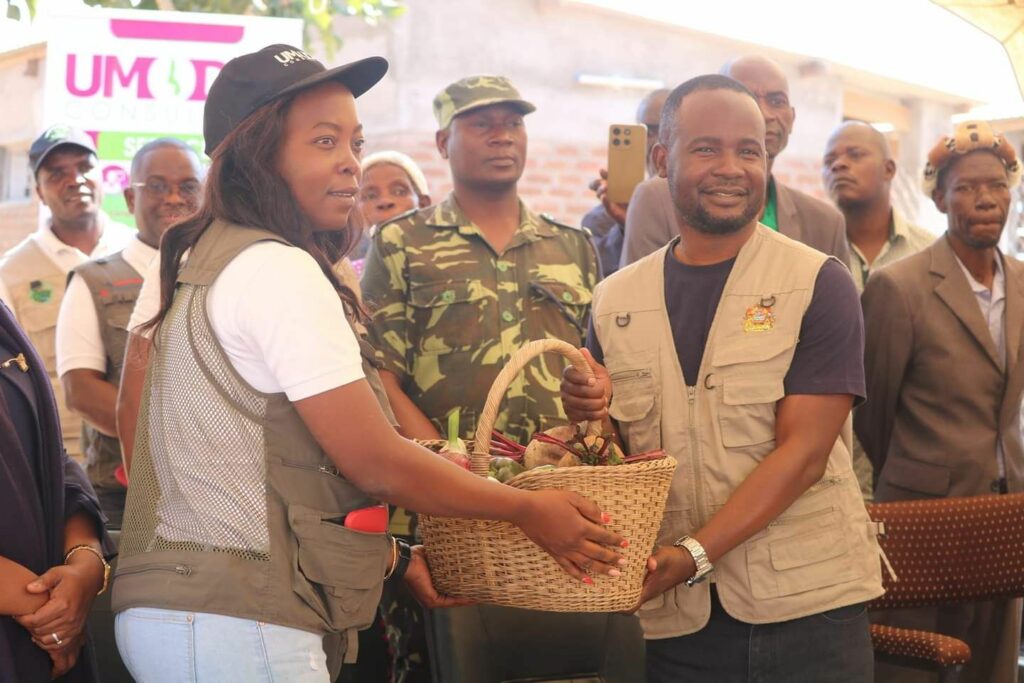By Burnett Munthali
When evaluating the legacy of economic leadership in Malawi, few names resonate as powerfully as Bingu wa Mutharika. Widely recognized as a skilled economic engineer, Bingu’s contributions to the country’s development are noteworthy. However, an intriguing aspect of his story is how credit for his achievements was often misattributed.
While Bingu was indeed a masterful architect of economic policy, it was his predecessor, His Excellency Dr. Bakili Muluzi, who frequently received public acclaim for the economic progress achieved during his presidency. Dr. Muluzi was adept at leveraging the successes of Bingu’s work to bolster his own political campaigns. This situation, while politically strategic, overlooked the crucial role played by Bingu as an economic visionary.
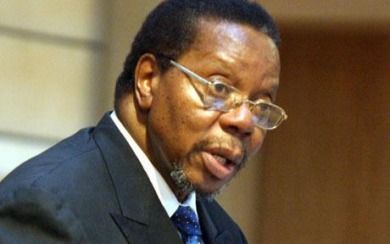
Bingu wa Mutharika’s expertise lay not only in his strategic economic planning but also in his ability to implement policies that had a tangible impact on Malawi’s economy. Despite his significant role in shaping economic policy, Bingu chose to maintain a low profile. His humility was a defining trait; he preferred to let his achievements speak for themselves rather than seek personal glory.
It was only after Bingu assumed the presidency that his contributions to economic engineering were fully recognized. His approach, marked by a quiet diligence and a focus on substantive results, eventually brought his role into the spotlight. As President, Bingu’s policies continued to reflect his deep understanding of economic principles, and his tenure was marked by notable achievements in economic development.
This juxtaposition highlights an important aspect of political and economic leadership: the often complex interplay between individual contributions and public recognition. While Bingu wa Mutharika’s work was instrumental in shaping Malawi’s economic landscape, the public narrative initially favored his predecessor, who capitalized on the economic advancements achieved during his tenure.
In retrospect, Bingu’s story serves as a reminder of the often unheralded contributions made by individuals behind the scenes. His dedication to economic development, characterized by a combination of technical skill and understated professionalism, ultimately left a lasting impact on Malawi. As we reflect on his legacy, it is crucial to acknowledge and credit the true architects of economic progress, regardless of the public face that may have initially received the spotlight.


